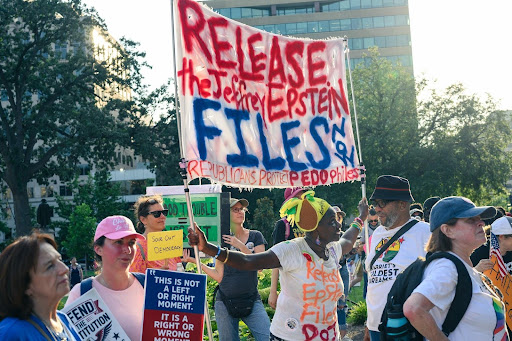
In the United States, gerrymandering is the redrawing of congressional districts so as to favor one party or group. Traditionally, gerrymandering is done by the party with a majority of any given state legislature every 10 years when the redrawing is required. Not all redrawing is considered gerrymandering; it is only considered as such when done in a partisan way. Gerrymandering has been around since the inception of the house of representatives. However, it has never had its limits tested quite like it has the past few weeks.
In early August, the Texas legislature released their proposed new congressional map which was officially passed into law Aug. 29. This was strange for three main reasons; One being that it had only been five years since the last congressional remapping breaking the standard 10, two being that it had been specifically requested by Donald Trump and thirdly, being that it was one of the most egregiously gerrymandered state congressional maps of all time. This was generally considered to be a power grab from Texas representatives to assist in the upcoming midterms. Many Texan democratic representatives left the state to break quorum and prevent a vote, an effort that eventually failed after threats of arrest and lawsuits from Governor Greg Abbott. However, shortly after this effort passed, Texas Republicans admitted that their redistricting effort may have inadvertently created 10 new swing districts.
This prompted many Democrats, notably California Governor Gavin Newsom, to respond with their own threats of gerrymandering to fight the Republican effort. California’s Democratic gerrymandered map is to be put to public vote on Nov. 4. Many other states are following their lead including Missouri, Indiana, and Florida, which are all attempting to add Republican districts. This marks a large and important leap in political polarization in the United States. It is likely that these actions could set off a chain of gerrymandering that would effectively draw lines in the sand, hindering some of the major democratic processes of the United States. If the only representative national legislature is subject to partisan division, it would stand to be yet another one of the major political institutions to be lost. Many have pointed out that any large-scale mass gerrymandering effort would ultimately still end with Republican control of the House.
It seems that the long-standing rivalry between the two largest states in the union continues to leak into politics day after day and may be the start of yet another leap into political divide. A continued large-scale effort to pursue gerrymandering for partisan means will have large consequences on how politics continues to play out, with increasing power being dealt to politicians and away from citizens.





































Mozzie • Oct 8, 2025 at 8:17 pm
This is an interesting article! I think it would be helpful to visualize what the gerrymandering looks like and how it impacts communities (i.e. breaking them up) with some of the maps have been used over time